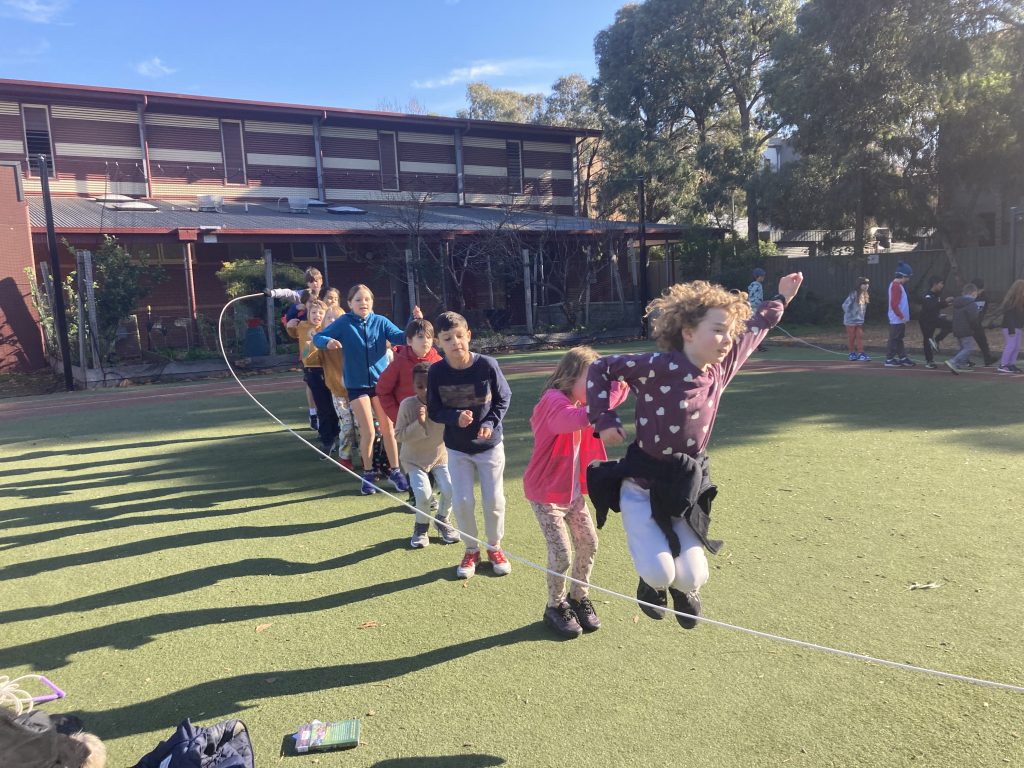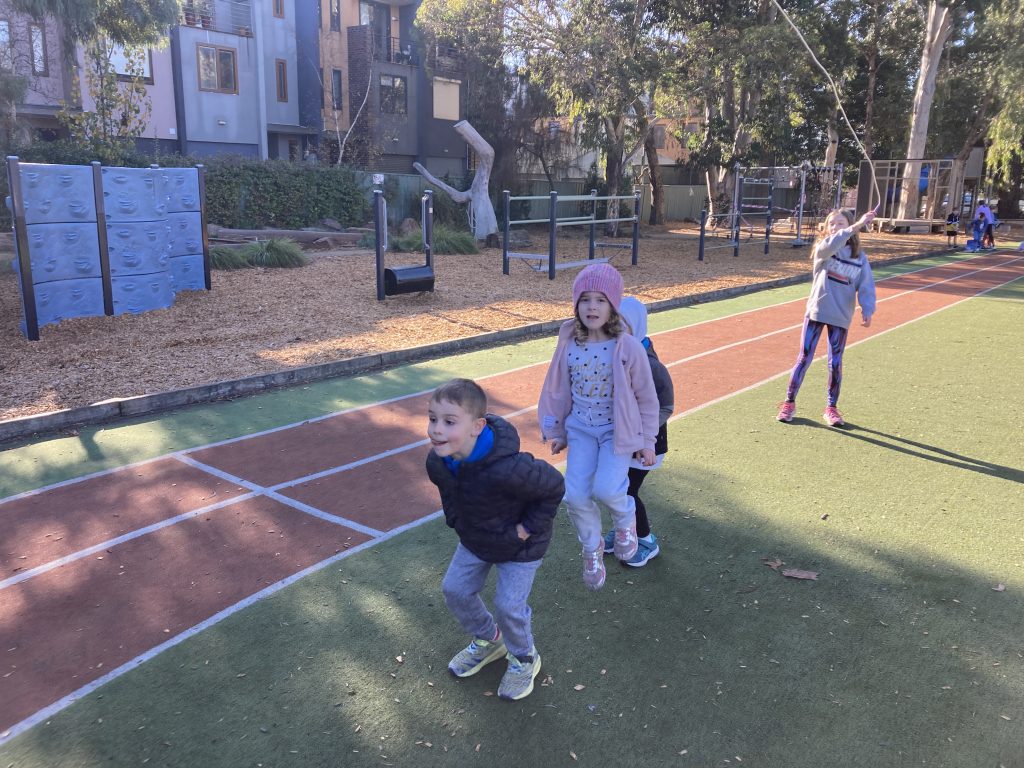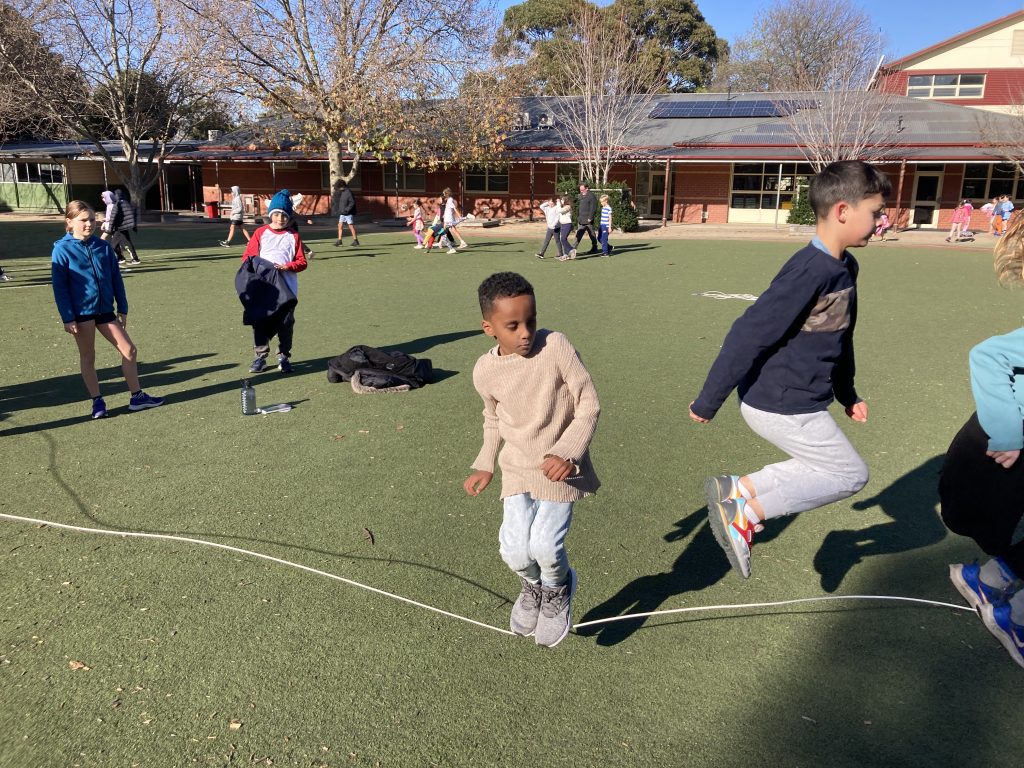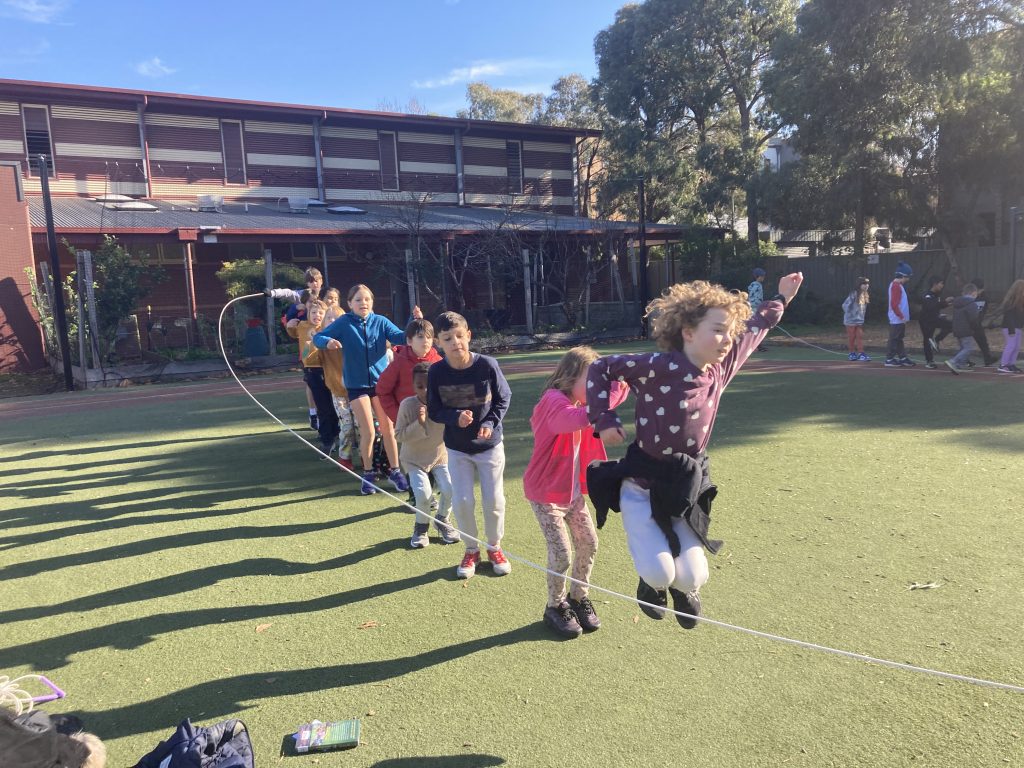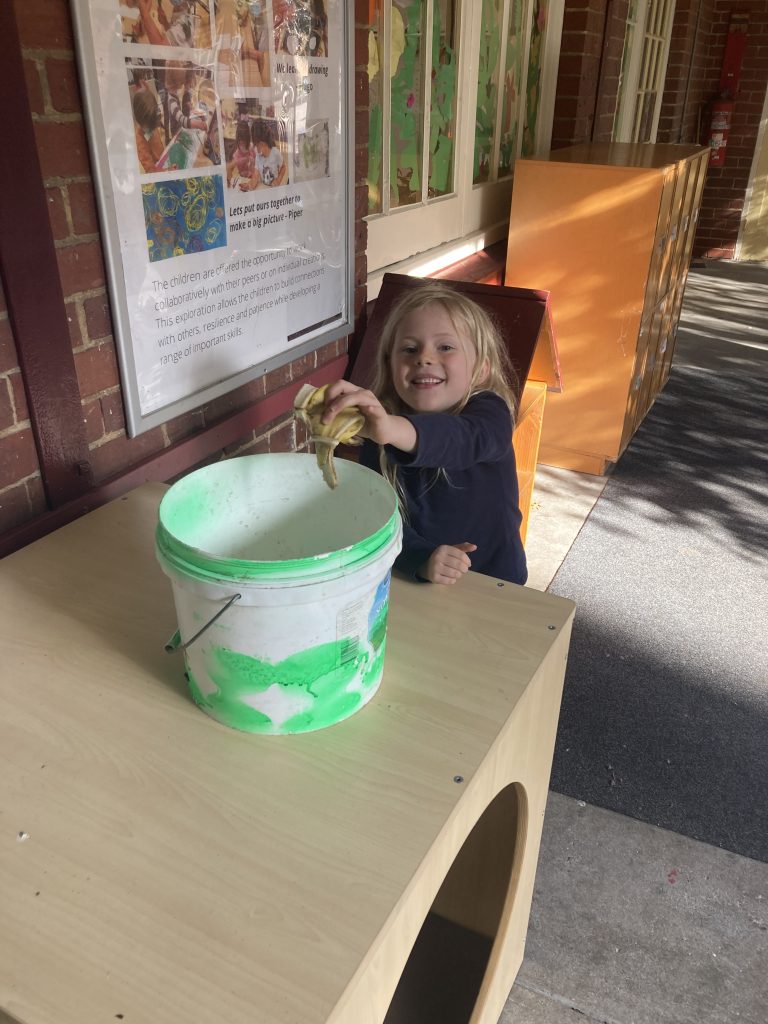
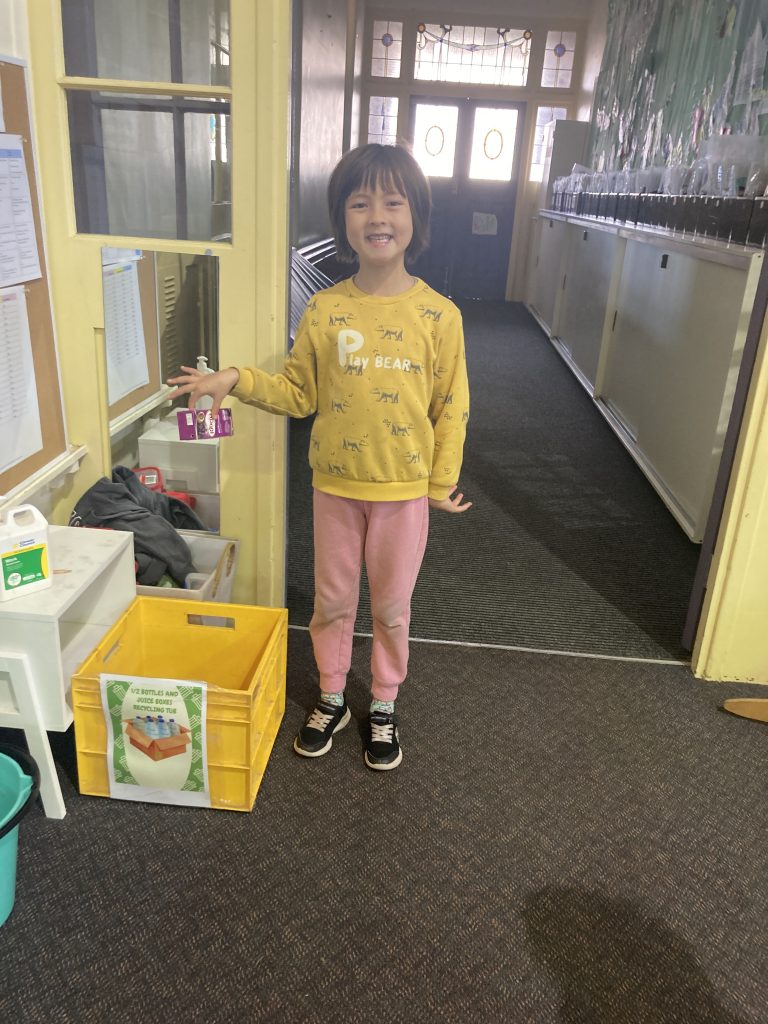
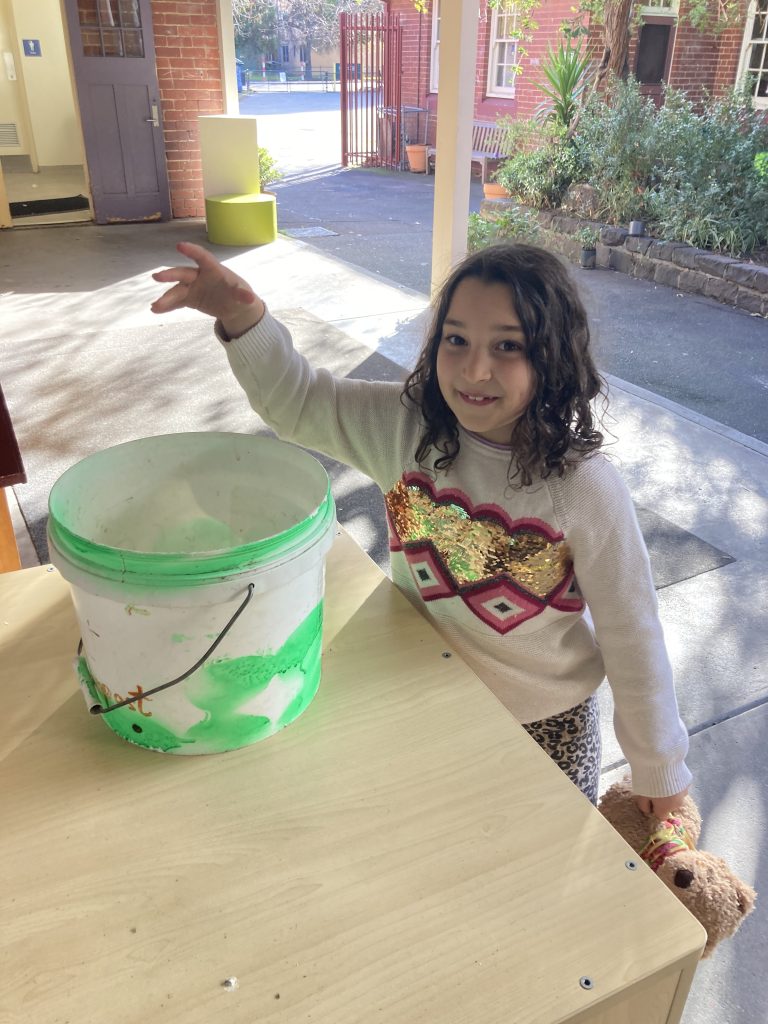
The students have continued their discussions on sustainability, focusing on individual and community efforts. We delved into topics such as landfills, composting, and identifying recyclable materials in our local area. We also explored the concept of waste-free lunches and minimising the use of soft plastics, considering the limitations of our recycling infrastructure.
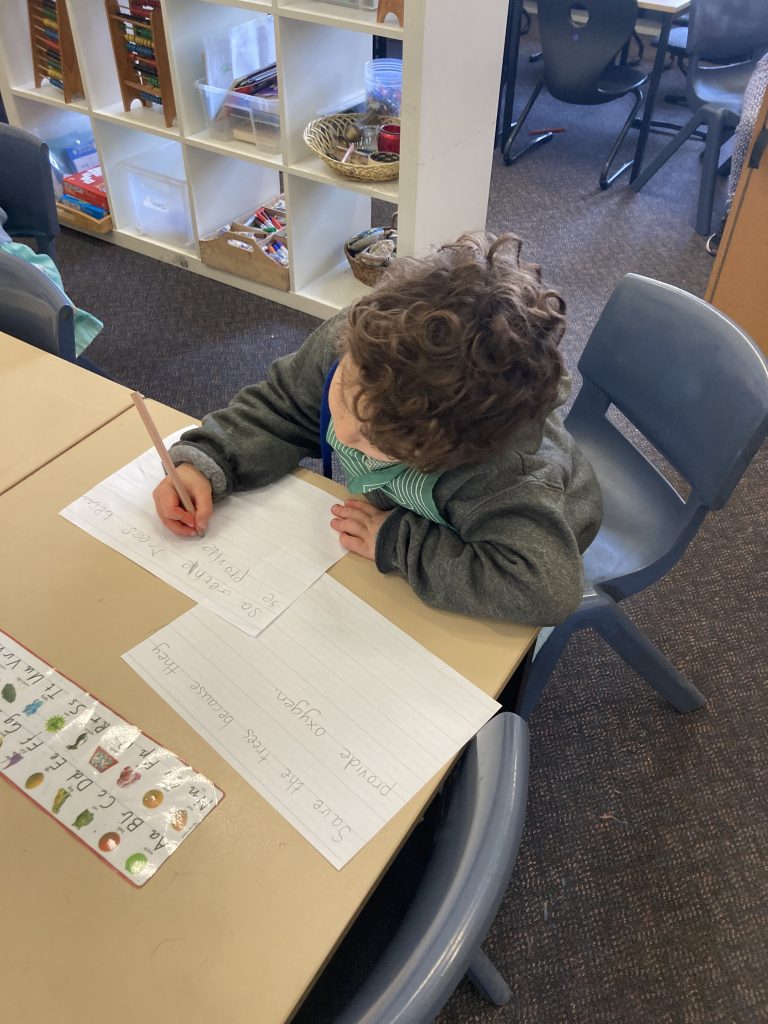
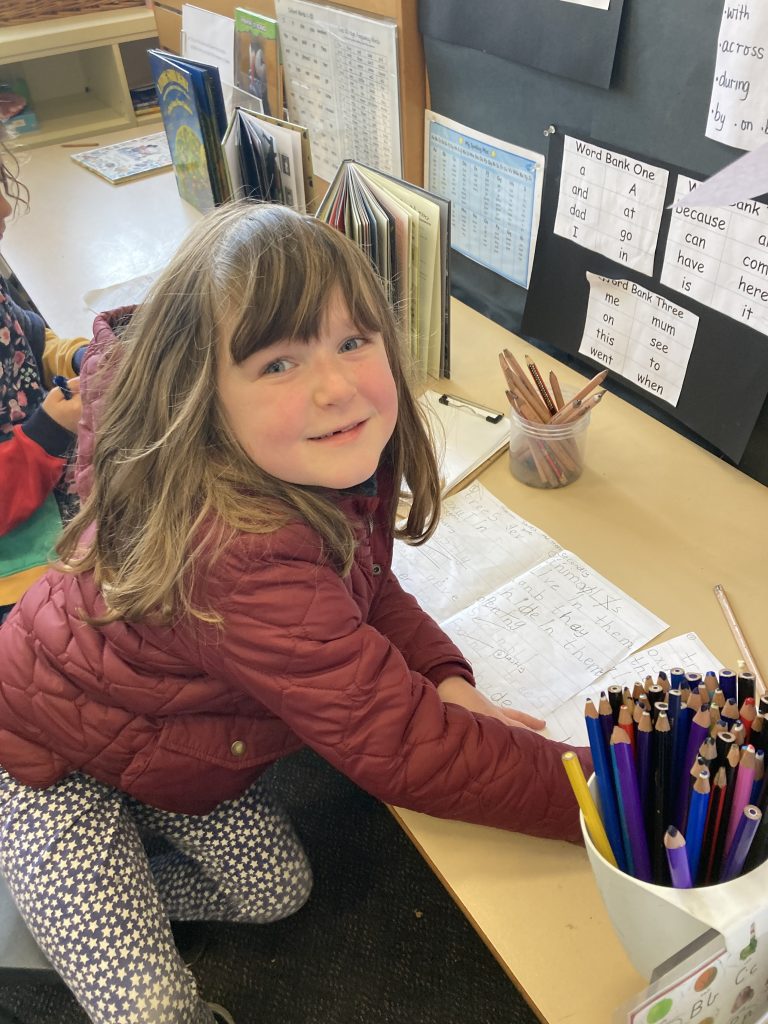
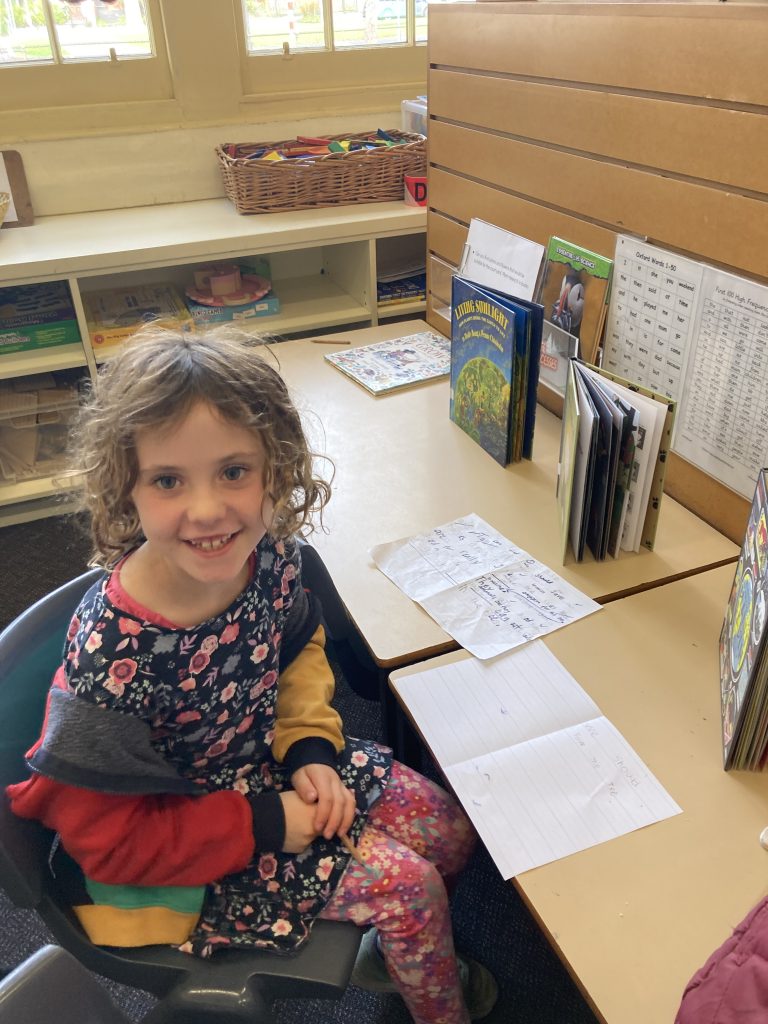
Additionally, we crafted a persuasive piece advocating for the preservation of trees, drawing inspiration from indigenous perspectives on ancient forests. Furthermore, the students currently identify edible and native plants for our courtyard.
Here are some examples of their writing.
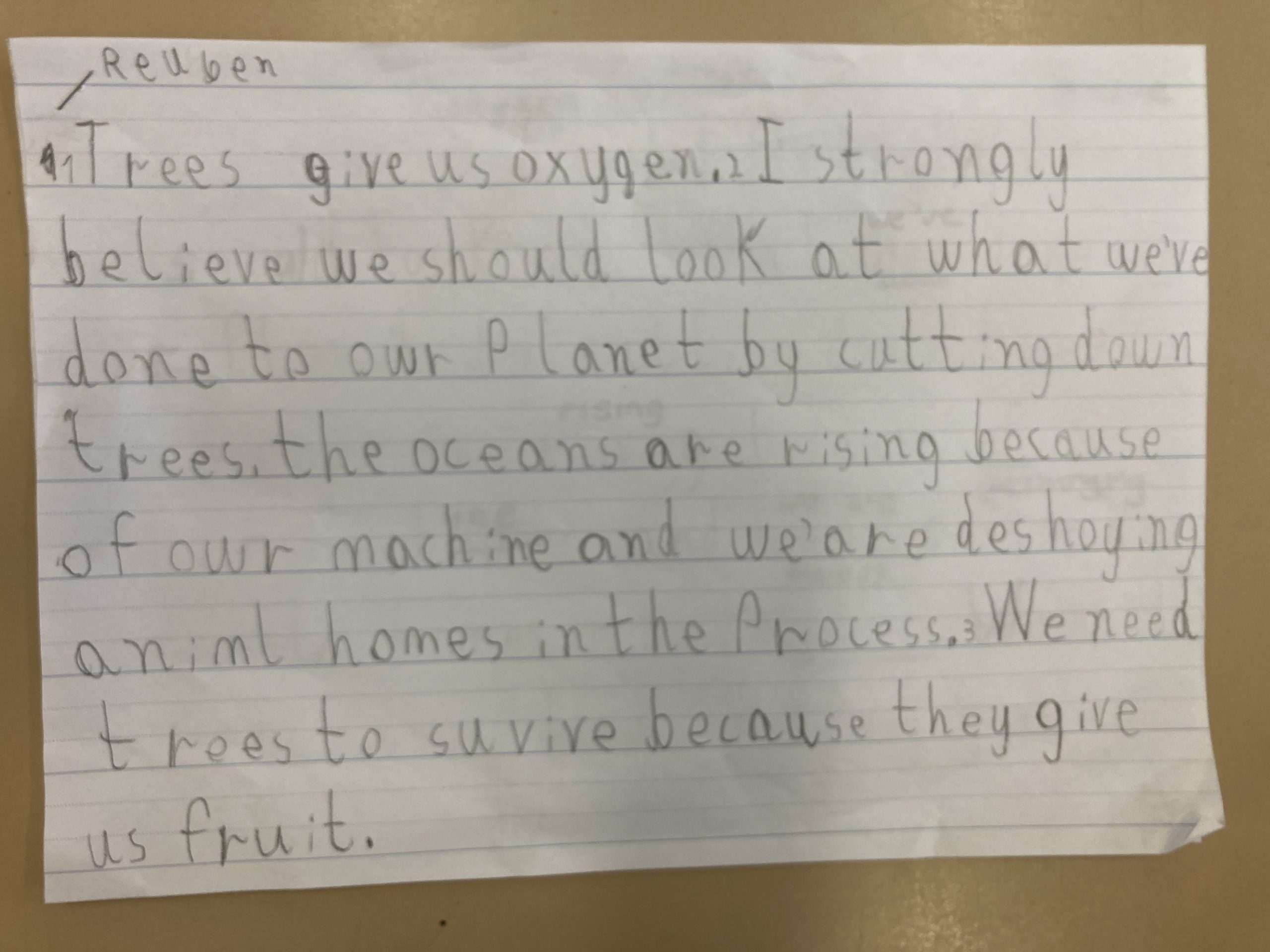
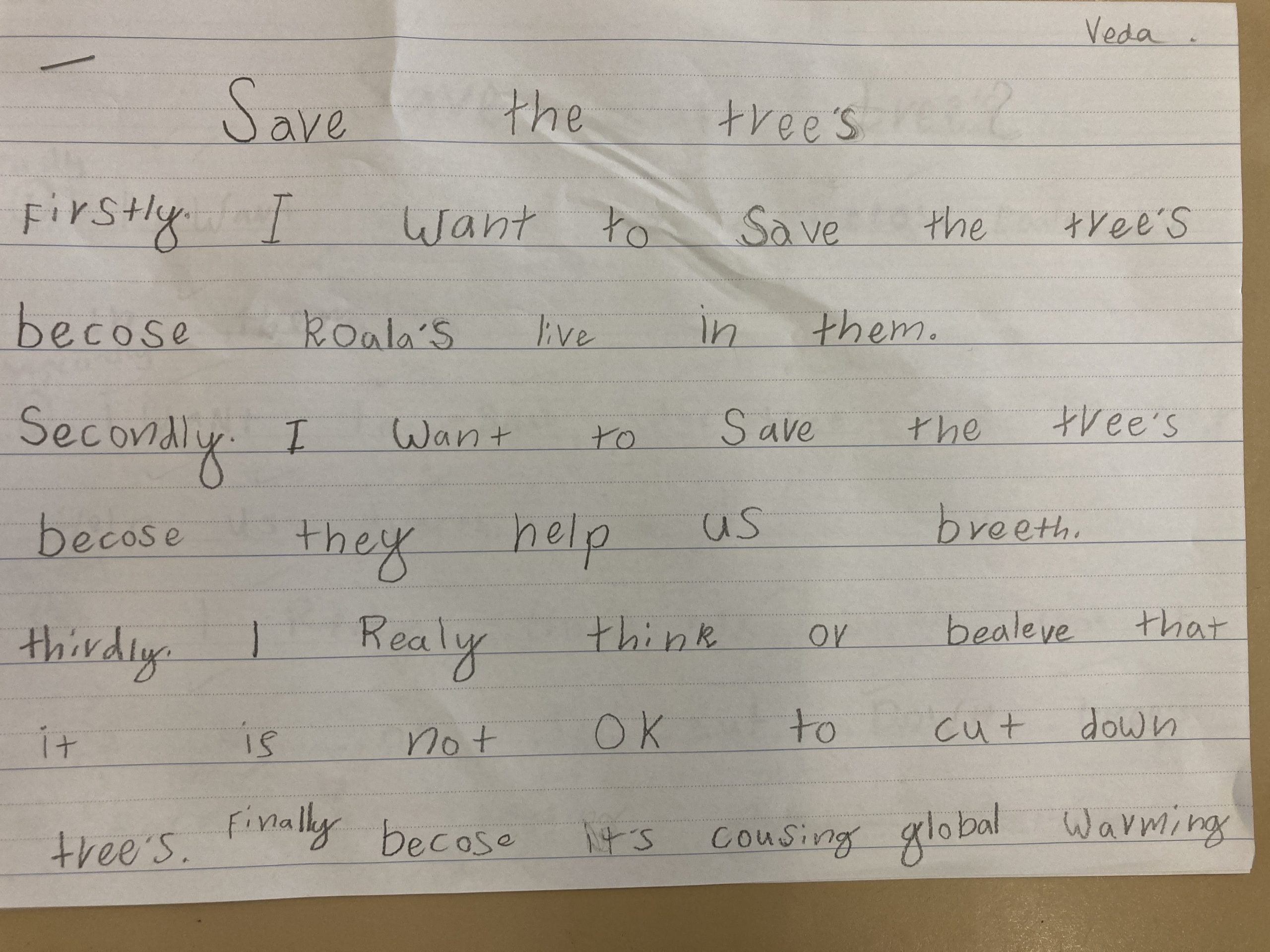
In workshops we encouraged the children to create a shopping list of different plants that they want to grow in our garden. They researched them online, in books and find out the prices of these plants to find out the cost of planting a garden bed.
The children are continuing to work hard on the revamp of the neighbourhood courtyard with Michael Agne’s Dad. They eagerly looked forward to organising the garden beds with Michael on Tuesday afternoon. The neighbourhood worked together as a community to ensure everyone’s involvement and they had a specific job. Michael, our gardening expert, has discussed the possibilities of planting fruits and flowers in the garden bed and options for removing weeds to ensure that sunlight can reach the new plants once they are planted. He also discussed the procedures for preparing a garden bed for planting, prompting us to consider the steps involved. Next week, he plans to bring a proper landscaping map to help us document our steps moving forward visually and research the plants online and in books. So far, he has recommended strawberries and blueberries because they are evergreen. Another idea is the impact of sunlight on plants, which has sparked our interest in investigating photosynthesis. We plan to explore this process, understanding how plants convert sunlight into energy and how this knowledge can guide our gardening practices.
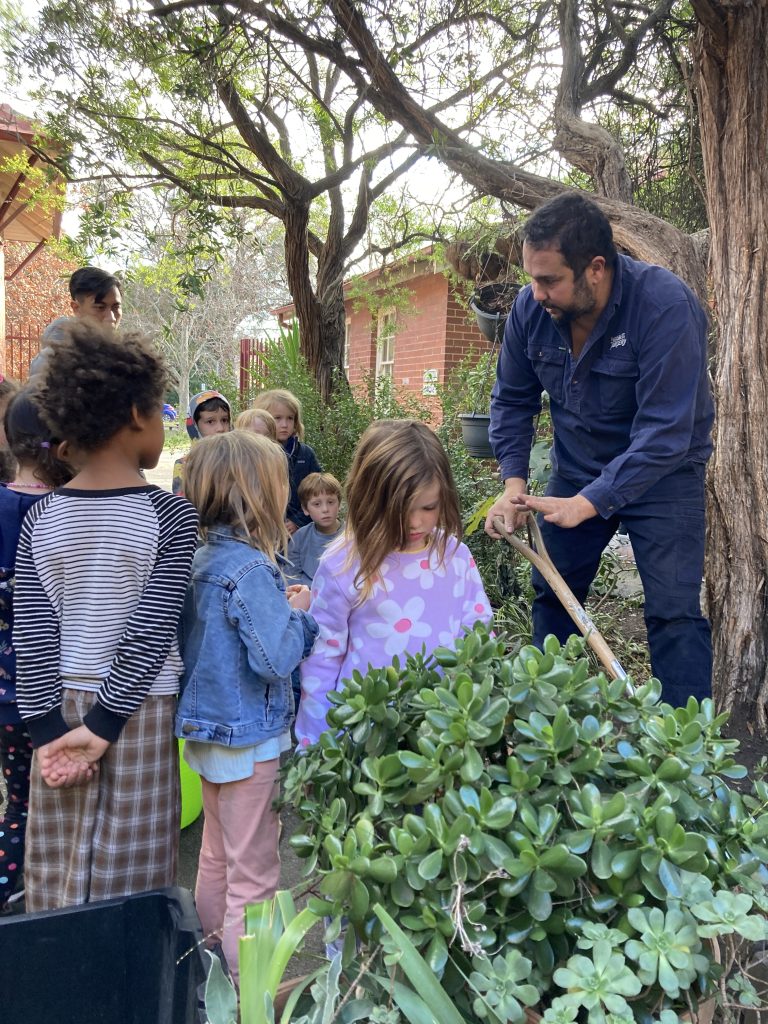
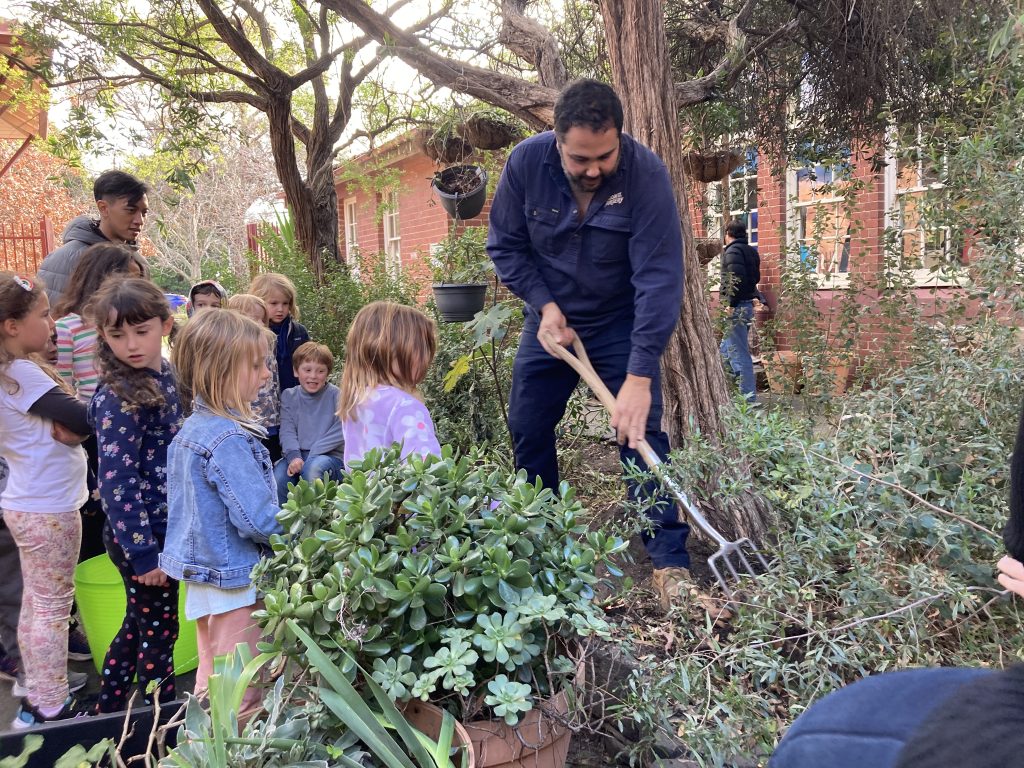
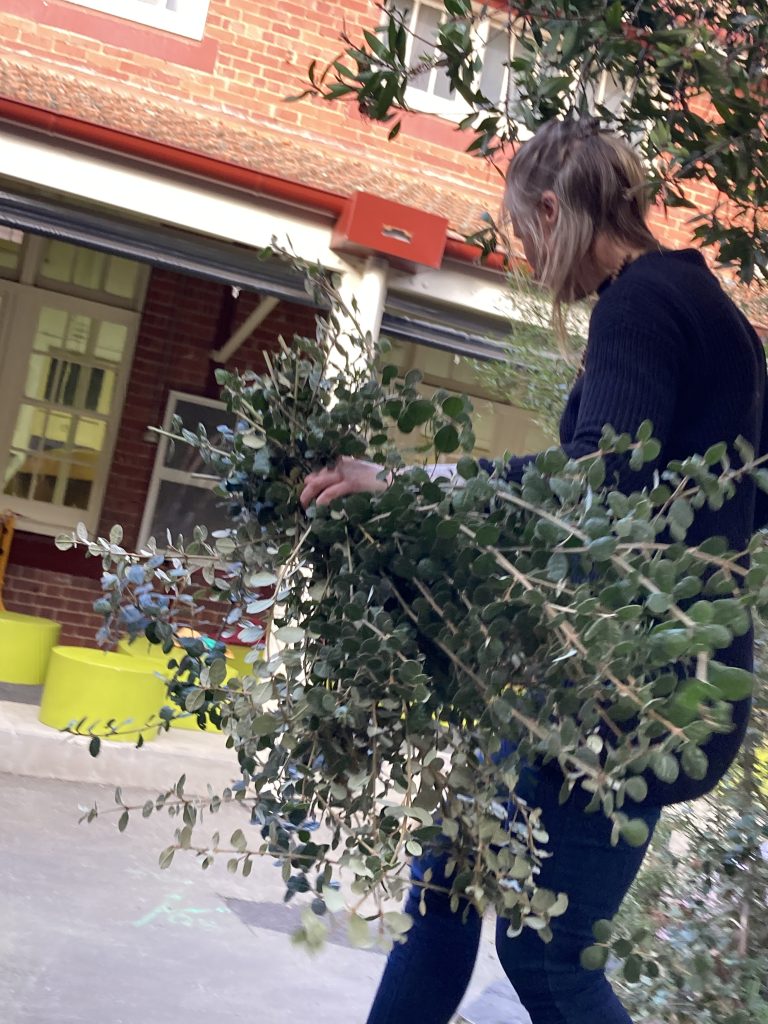
We also finished our Eco Safari word wall to help us learn to spell specific words for our writing. Students put the finishing touches on by adding more words they thought were important to our inquiry. Additionally, this will help the children become more confident as they draft and choose their own words during independent writing.
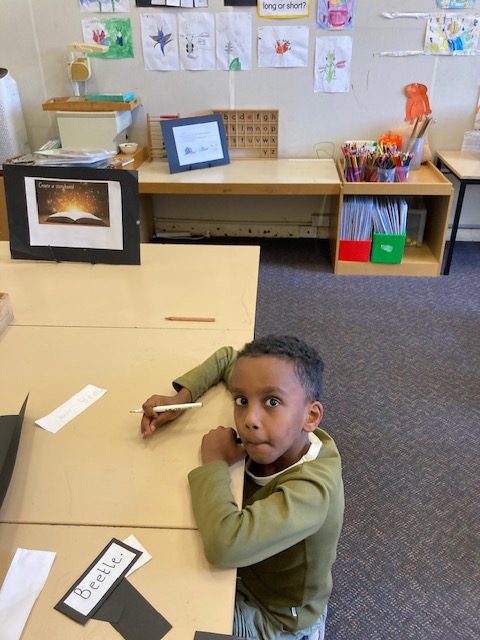
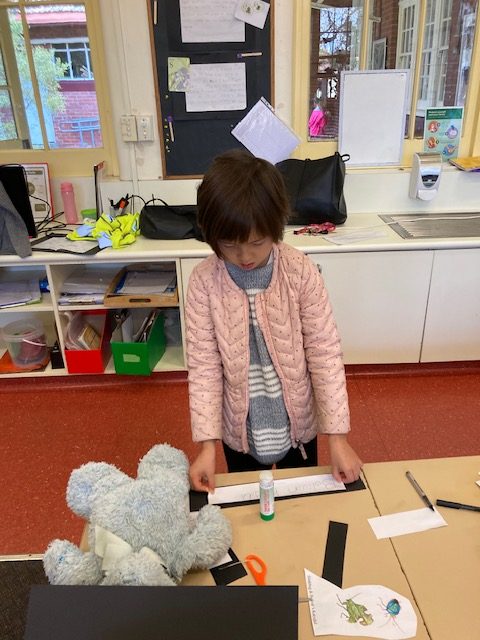
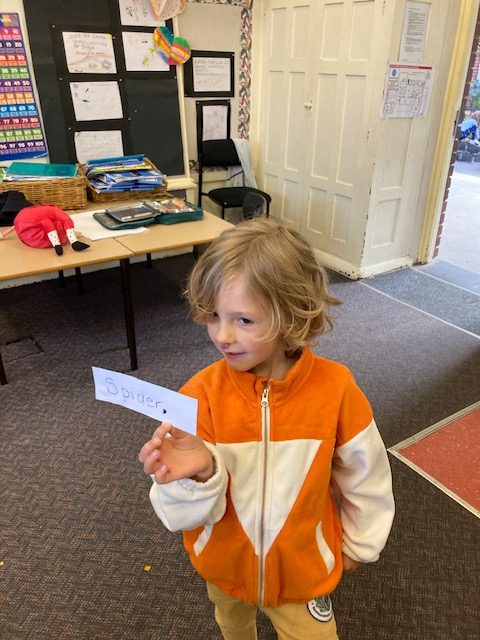
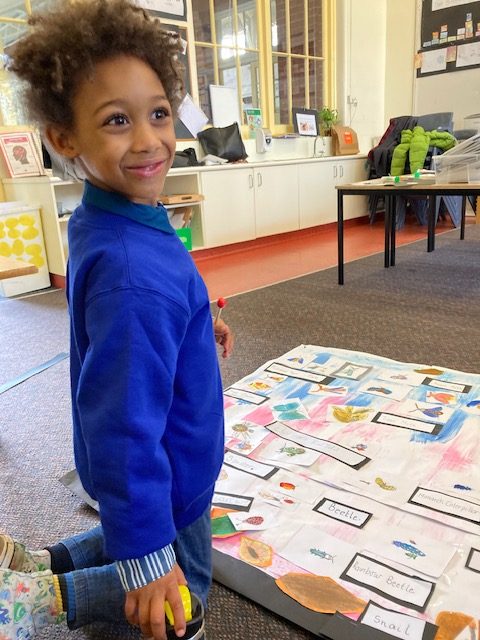
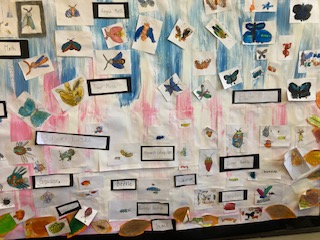
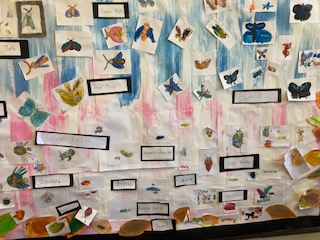
In provocations, we continued to work on a 2D garden design for 20, 50 or 100 plants and started to learn how to put a code together to make flowers on Turtle Art.
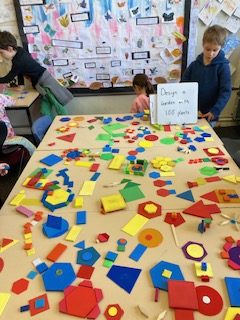
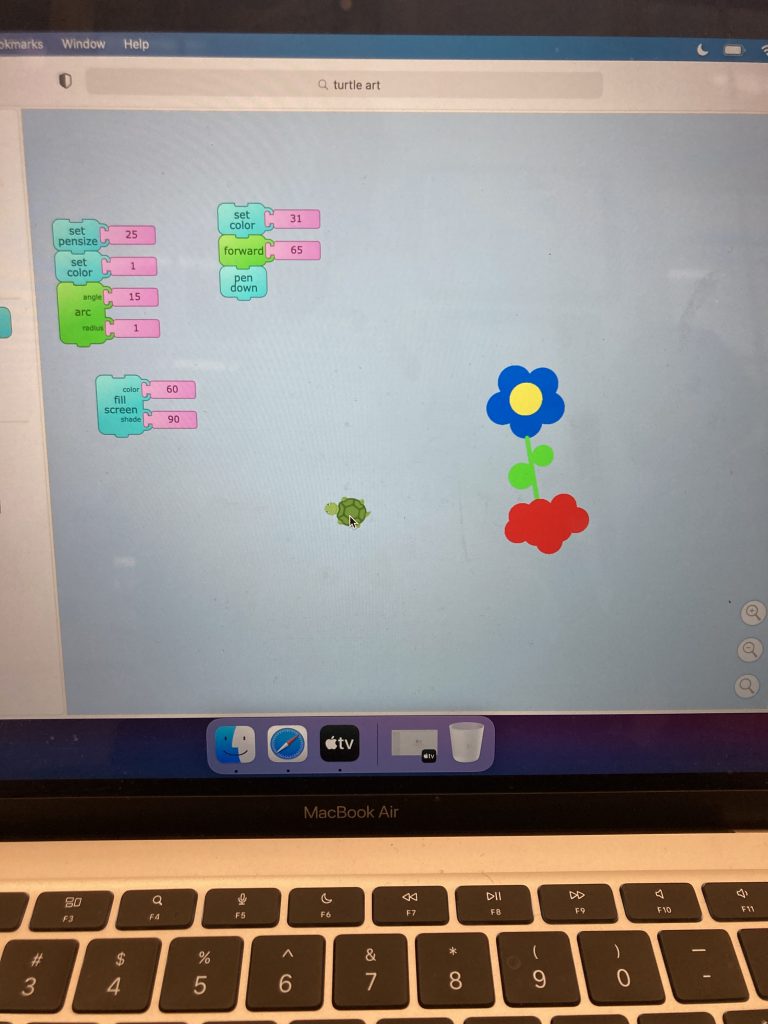
Jump Rope for Heart
The atmosphere was absolutely delightful, and everyone eagerly joined in the skipping stations with a lot of enthusiasm.
I was able to jump 55 times in a row – Patrick
Summer and I partner jumped 10 times together – Minka
I jumped really fast 4 times -Leo
I liked the whole group skipping together – Hazel
I learnt how to skip backwards – Dot
